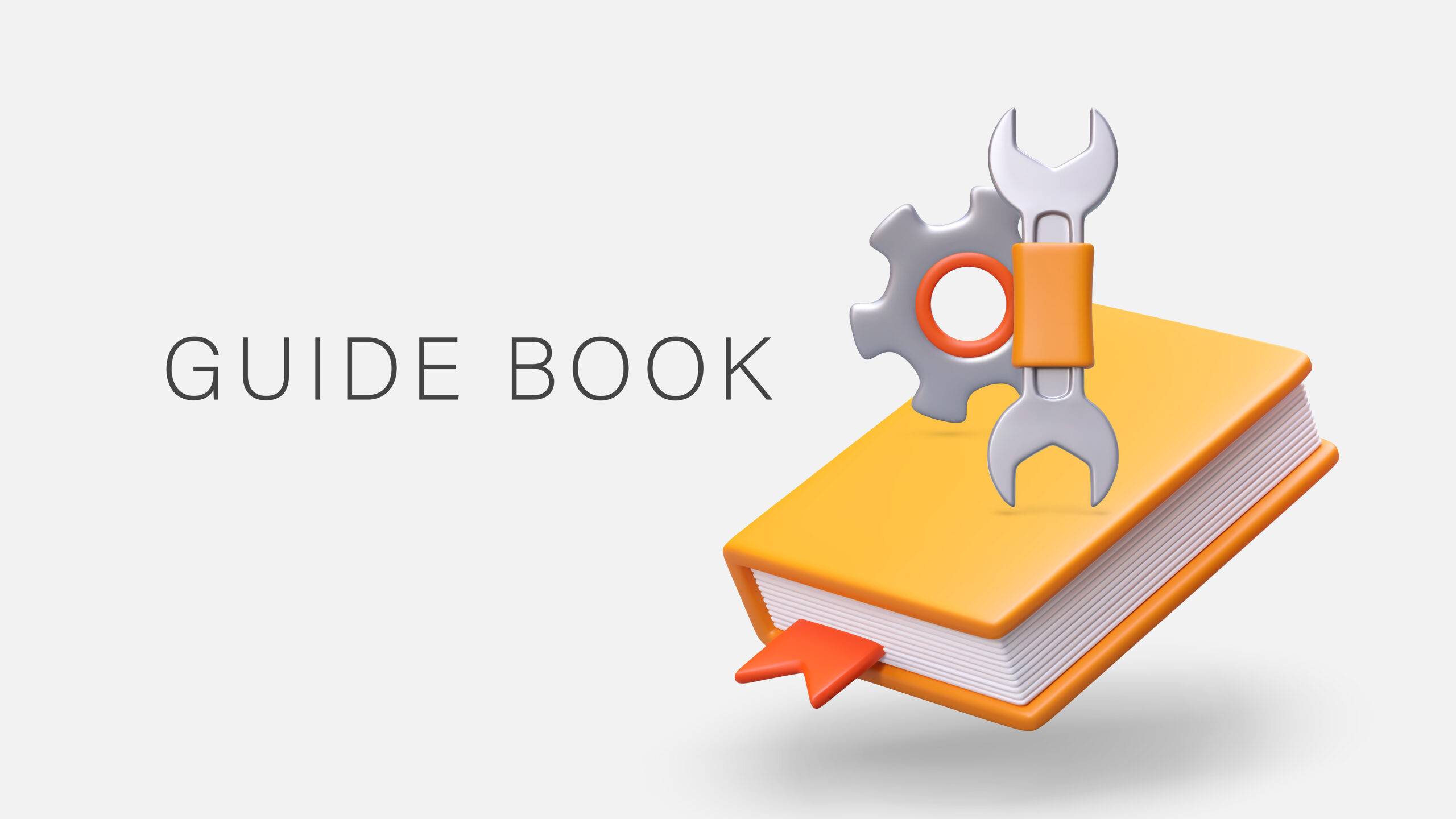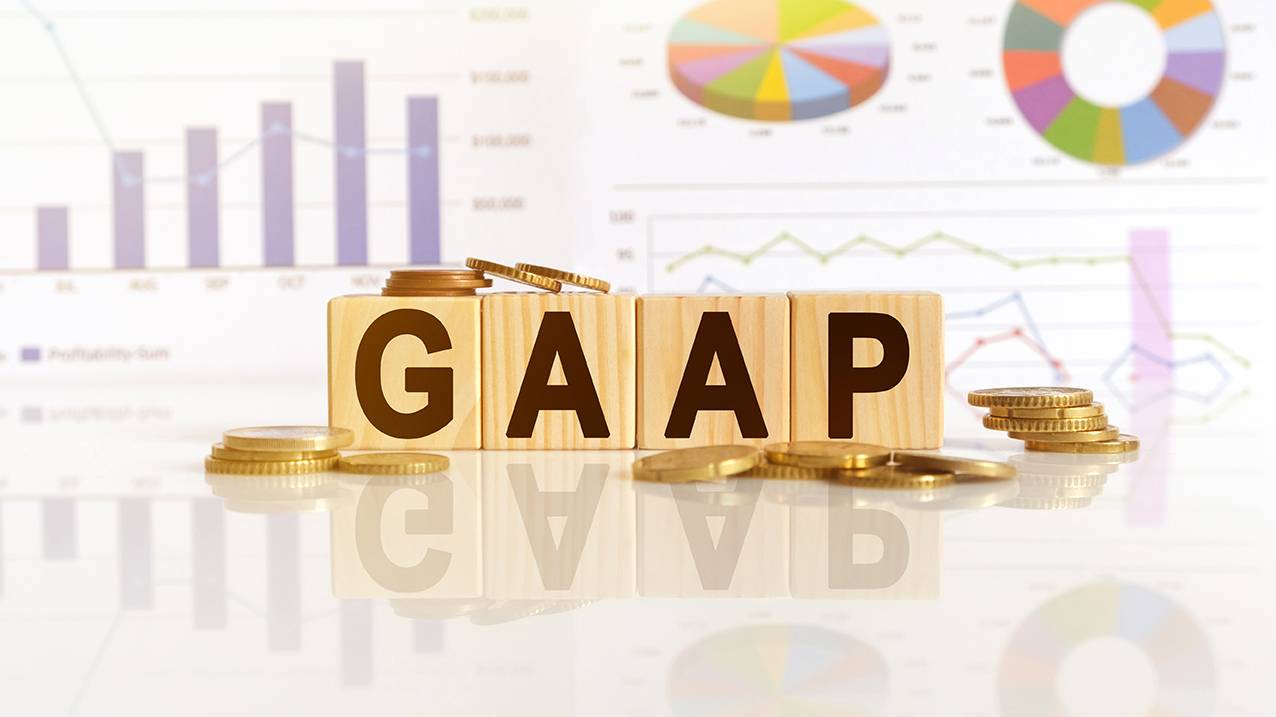Self-Study
Agricultural Accounting
Industry-specific accounting practices for Agriculture, from inventory valuation to managing non-current farm assets. Ensure accurate financial management for farms, ranches, and agricultural businesses.

$290.00 – $320.00Price range: $290.00 through $320.00
Webcasts are available for viewing Monday – Friday, 8am – 8pm ET,
and Saturday & Sunday, 10am – 6pm ET.
Without FlexCast, you must start with enough time to finish. (1 Hr/Credit)
Please fill out the form below and we will reach out as soon as possible.
CPE Credits
10 Credits: Accounting
Course Level
Overview
Format
Self-Study
Course Description
Agricultural Accounting addresses every aspect of the accounting that one might encounter in a farm, ranch, or related business. The intent is to not only explain accounting concepts, but also to provide examples and show how an accounting system can be constructed and operated. The course pays particular attention to unique aspects of agricultural accounting that are not encountered in other industries, including special valuation rules for inventory, hedging transactions, dealing with cooperatives, and recording non-current farm assets. In short, this course is an essential desk reference for anyone engaged in agricultural operations.
Need Flexibility?
Purchase now, choose later. Your credits are ready whenever you find the perfect courses for you.
Learning Objectives
Upon successful completion of this course, participants will be able to:
- Recognize the different accounting principles.
- Cite the line items and classifications used within the financial statements.
- Specify the differences between financial and managerial accounting.
- Specify the differences between cash basis and accrual basis accounting.
- Identify the concepts behind the accrual-adjusted approach.
- Specify the types of source documents for an accounting system.
- Recognize how assets and liabilities are classified within the balance sheet.
- Recognize the structure used in the chart of accounts.
- Identify the different types of accounting transactions and how they are recorded.
- Describe contra accounts and how they are used.
- Specify the methods used to derive the allowance for doubtful accounts.
- Describe the different classifications of securities.
- Recognize how the other comprehensive income classification is used.
- Specify the calculation for the net proceeds from the sale of an investment.
- Recognize the issues with using the periodic inventory system.
- Identify the calculation for net realizable value and when this valuation can be used.
- Identify the components of a depreciation calculation, and how the mid-month convention can be used in calculating depreciation.
- Cite the calculations used for the accelerated depreciation methods.
- Specify the entry used to record the disposal of a fixed asset.
- Identify the investments that are considered to be permanent land developments.
- Recognize the costs incurred in the development of non-current assets.
- Specify the different types of intermediate-life plants and how their costs are classified.
- Recognize the methods used to create supplier identification numbers.
- Specify the structure of the Form 1099-MISC and its parts.
- Recognize the reasons for reconciling loan accounts.
- Cite the circumstances under which a tax position is recognized.
- Specify the tax rate used in interim reporting periods.
- Specify the process flow for using the other comprehensive income classification.
- Recognize the different types of hedging transactions.
- Describe the nature of a highly effective hedge and its effect.
- Identify the types of cooperatives.
- Specify the recognition criteria for patronage refunds and sales to cooperatives.
- Recognize the unique aspects of loans from the Commodity Credit Corporation.
- Identify the different types of entries used when closing the books.
- Identify how the income summary account is used.
- Specify the analysis methods used to review preliminary financial statements.
- Recognize the different types of disclosures that should be attached to farm financial statements.
- Define the different classifications of ratios.
- Identify the calculations used for each of the farm analysis ratios.
- Recognize the contents of the Farmer’s Tax Guide.
Course Specifics
1163450
November 11, 2025
There are no prerequisites.
None
273
Compliance Information
CMA Notice: Western CPE makes every attempt to maintain our CMA CPE library, to ensure a course meets your continuing education requirements please visit Insitute of Management Accountants (IMA)
CFP Notice: Not all courses that qualify for CFP® credit are registered by Western CPE. If a course does not have a CFP registration number in the compliance section, the continuing education will need to be individually reported with the CFP Board. For more information on the reporting process, required documentation, processing fee, etc., contact the CFP Board. CFP Professionals must take each course in it’s entirety, the CFP Board DOES NOT accept partial credits for courses.
Meet The Experts

Steven M. Bragg, CPA, is a full-time book and course author who has written more than 300 business books and courses. He provides Western CPE with self-study courses in the areas of accounting and finance, with an emphasis on the practical application of accounting standards and management techniques. A sampling of his courses include the The New Controller Guidebook, The GAAP Guidebook, Accountants’ Guidebook, and Closing the Books: An Accountant’s Guide. He also manages the Accounting Best Practices podcast. Steven has been the CFO or controller of both public and private companies and has been a consulting manager with Ernst & Young and …



